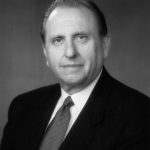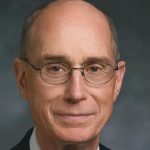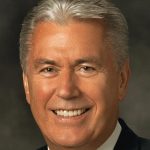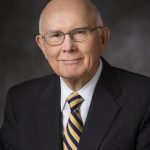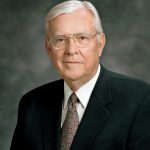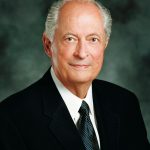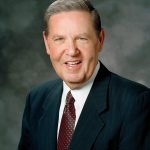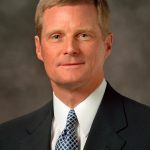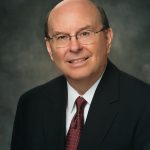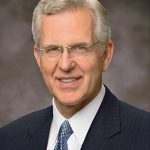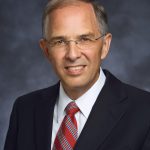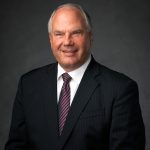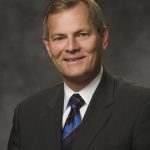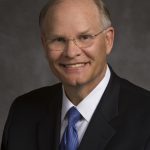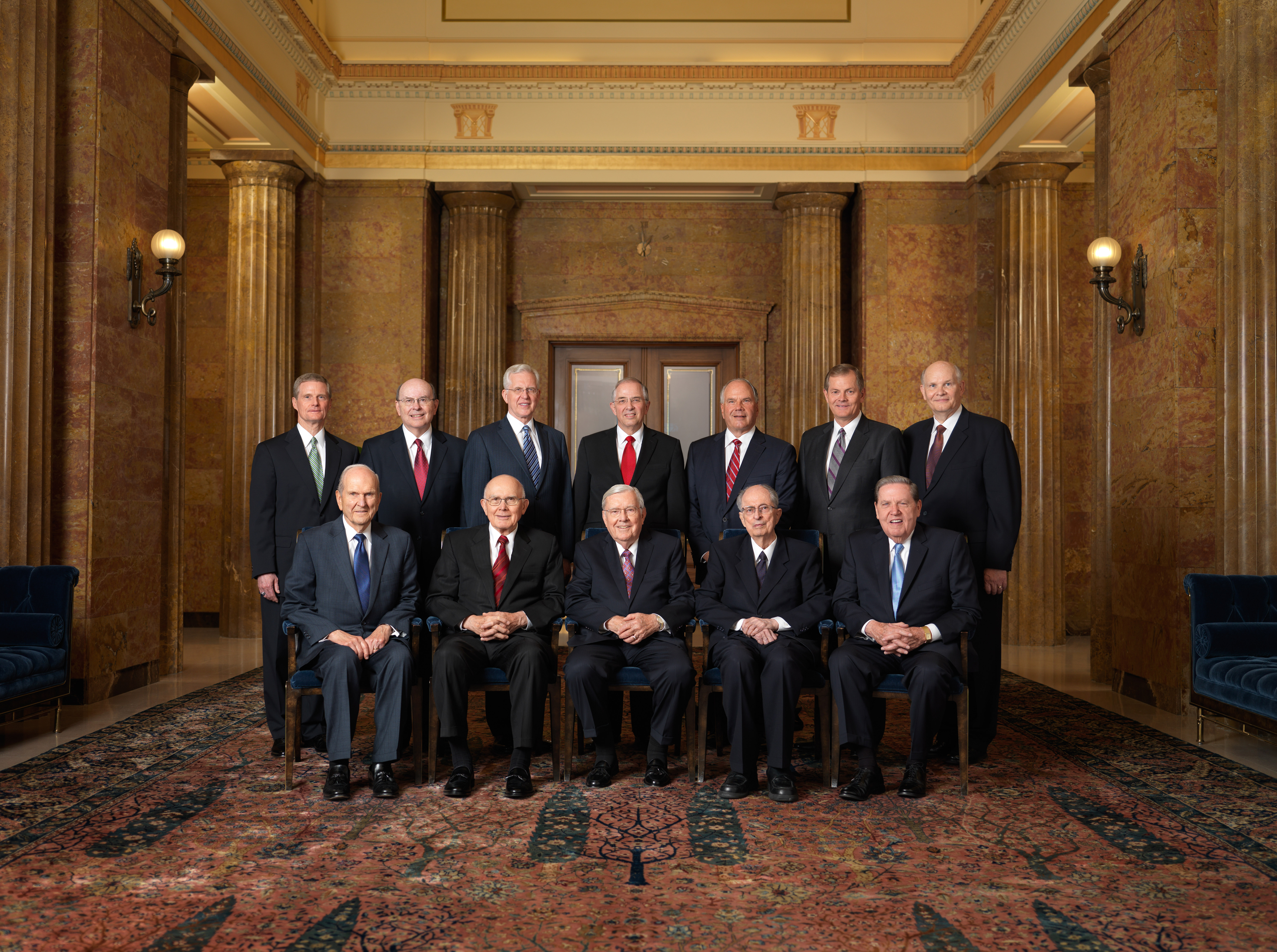
In the wake of LDS Church President Thomas S. Monson’s death, church members view anticipated successor President Russell M. Nelson as senior apostle, president of the Quorum of the Twelve Apostles and the acting worldwide church leader.
He also likely doesn’t want to be president of the church, according to BYU church history professor Casey Griffiths.
“I think one of the beautiful things about prophetic succession is that the guy that gets to be the president of the church does not want to be the president of the church,” Griffiths said. “He never stands up and says, ‘We did it everybody’ or, ‘This is wonderful.’ He usually approaches it with a lot of fear and humility at how big of a responsibility it is.”
The prophetic succession process is something church members and non-members alike may not fully understand or appreciate. An article from the Mormon Newsroom breaks it down like this:
- Upon the death of the church president, the First Presidency is automatically dissolved and members revert to their places of seniority in the Quorum of the Twelve Apostles. Seniority is determined not by age, but by when someone was ordained to the quorum. This group then assumes church leadership.
- The group considers whether the First Presidency should be re-organized at that time or the church should continue to function with the Quorum of the Twelve presiding. If the motion to re-organize the First Presidency passes, the Twelve unanimously select the new president of the church, who has traditionally been the most senior apostle. The new president chooses two counselors, and these three men then make up the new First Presidency.
- After the First Presidency is re-organized, the next most senior apostle is sustained as the president of the Quorum of the Twelve. According to the article, if the next apostle with the most seniority is called as a counselor in the First Presidency, the third apostle in line becomes acting president of the Twelve.
- All the apostles formally set apart the new president of the church.
“Throughout the history of the church, the longest-serving apostle has always become the president of the church when the First Presidency has been reorganized,” according to the article.
Griffiths said this is simply a historical precedent first set by President Brigham Young, and despite there being nothing in the Doctrine and Covenants about prophetic succession, this pattern of sustaining the most senior apostle as church president has been followed so consistently that it might as well be doctrine.
Elder Bruce R. McConkie, who died in 1985, spoke of this pattern in his April 1983 General Conference talk titled “The Keys of the Kingdom.”
“It follows that when Joseph Smith — sent to a martyr’s death by evil and murderous men— gasps his last breath, Brigham Young, being the next senior officer in the earthly kingdom, automatically becomes its presiding officer,” he said. “The next breath drawn by Brother Brigham is the breath of power filling the lungs of the Lord’s previously anointed servant. There is not so long a time as the twinkling of an eye when the church is without a presiding officer.”
Because of this well-defined pattern, however, Griffiths said church members often misunderstand the great care that goes into following the formal procedures of constituting a new church president, from the sustaining vote to the ordination itself. These processes are taken “very, very seriously,” despite the apostles already knowing the outcome, because they’re considered so sacred.
Griffiths also said it’s important to clarify that President Nelson is already sustained as a prophet, seer and revelator, just as all the apostles are; he’s just not yet “the” prophet, as church members are likely to informally refer to him.
“(President Nelson) is the leader of the church,” Griffiths said. “That just happened to be instant when President Monson passed away. What they’re going to do is reconstitute the new First Presidency and that’s what will make him what we call ‘the’ prophet in informal language.”
Griffiths said the church has kept any element of political lobbying out of the prophetic succession process by teaching church members that all apostles are called of God, and therefore anyone from the most senior to the most junior apostle could be president. This means church members acknowledge that any member of the First Presidency or Quorum of the Twelve would be an equally qualified and wonderful leader.
“I’ve honestly seen that in my limited dealings with the Quorum of the Twelve and the First Presidency,” Griffiths said. “They just want everybody to be happy and successful in their callings, and if the call comes that they become the leader of the church, they’re willing to accept that, but they definitely aren’t seeking after it.”
Griffiths added that he hopes church members understand the prophetic succession process so they can have testimonies of the role revelation plays in choosing church leaders, and he hopes non-members understand the process so they know there aren’t “favorites” among church leaders in the way there sometimes are among political leaders.
“Our leaders are usually people that are called upon to serve because of the qualities that they have and not because they are ambitious and want to be a leader, and that’s a recipe for good leadership in my mind,” Griffiths said.
Griffiths said if the pattern of the last several church presidents holds, the new First Presidency will be announced just days after President Monson’s funeral. In addition, due to the death of Elder Robert D. Hales last October, two new apostles will need to be called.

